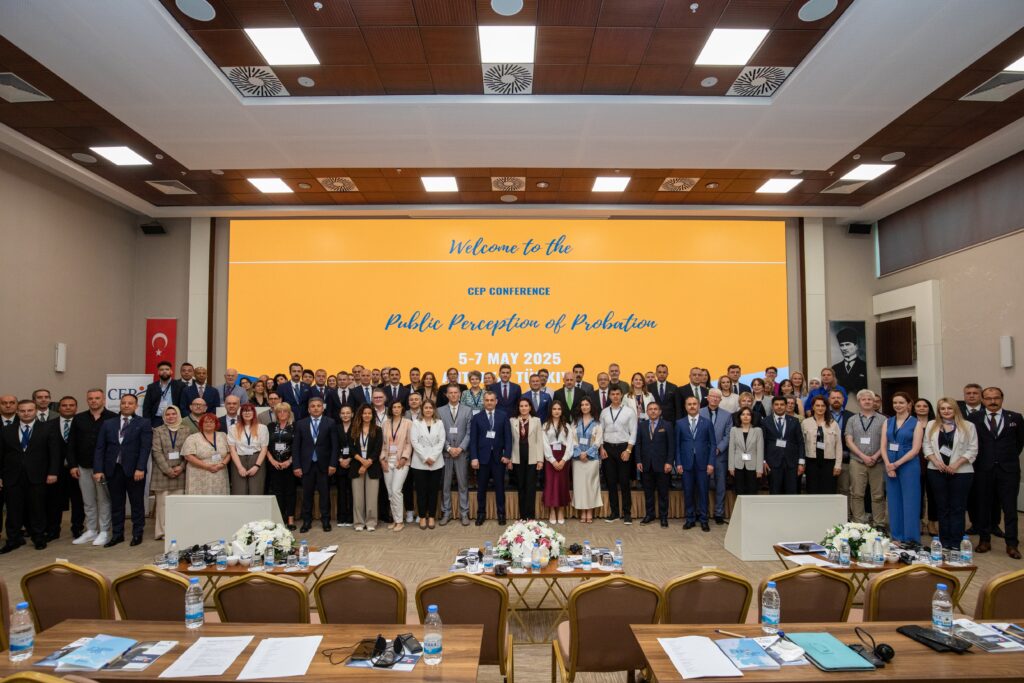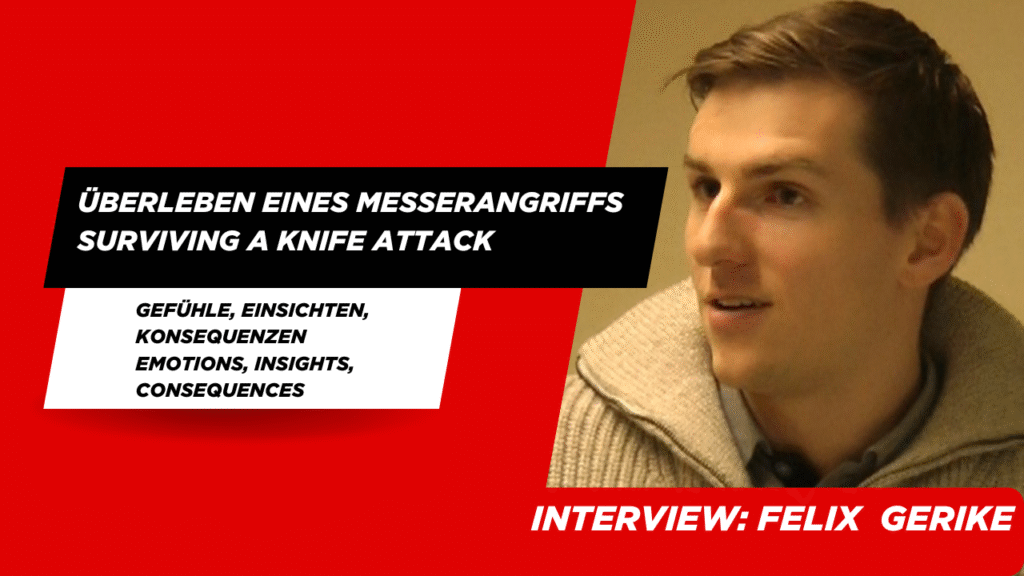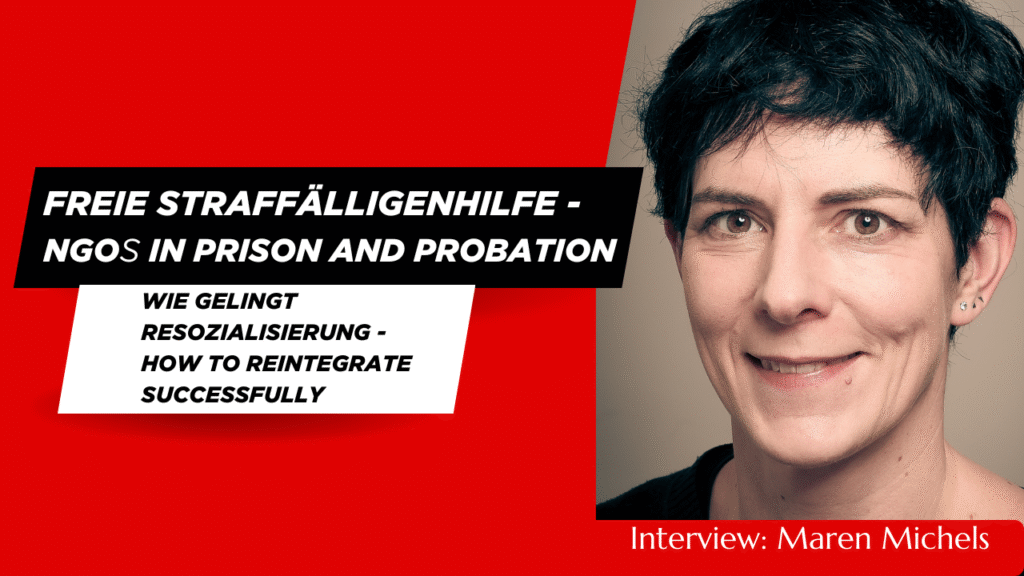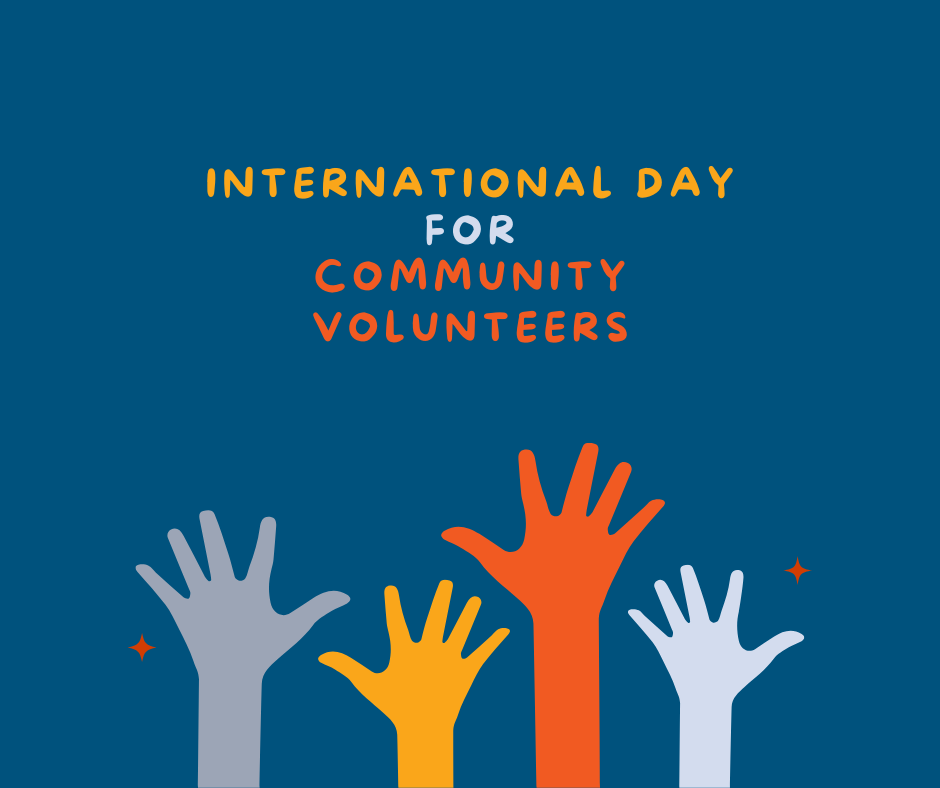Previous Article
News
A new report: Advancing Juvenile Justice Principles for Children Convicted of Violent Extremism Offenses
The government of Australia commissioned the Global Center and the International Centre for Counter-Terrorism (ICCT) to prepare a report and accompanying policy brief putting forward guiding principles, recommendations, and considerations for the detention, rehabilitation, and reintegration of juveniles convicted of terrorism and violent extremism offenses. The report ‘Correcting the Course: Advancing Juvenile Justice Principles for Children Convicted of Violent Extremism Offenses’ was published in September this year. Junko Nozawa, legal specialist at the Global Center, tells us about the report and about what moves children to get involved with violent extremism.
The report states that children have always been among the most vulnerable victims of violence and, at times, some of its brutal purveyors. They have played various roles in furthering violent extremism and participating in acts of violence, ranging from inciting propaganda online to carrying out deadly attacks.
“One of the central themes we hit on in this report is that this is a group that precludes easy generalisation. Rather than exceptionalising Juvenile Violent Extremists (JVEOs), management approaches and interventions for their treatment in detention must be grounded in juvenile justice standards”, says Junko Nozawa.
According to Nozawa it is important that interventions are tailored to the individual in accordance with individualised assessments and consistent with the best interest of the child principle. “Unfortunately, this remains the exception rather than the rule in the practice of many jurisdictions.”
Trend
In the process of making this report, it was important to obtain basic information about countries’ experiences with and approaches towards Juvenile Violent Extremist Offenders (JVEOs) in the care of the prison and probation services. The researches set up a questionnaire that has been sent out to a network of experts and practitioners. The results gave a good insight in the average number of JVEO’s that countries have to deal with. “The survey indicated that most countries have fewer than 5 JVEOs, usually only 1 or 2 in their care.” This result was of great importance for the rest of their report. “As a result, we draw two important conclusions: (1) that this is not a sufficient sample size to make widespread conclusions or evidence-based recommendations; and (2) we should normalize this offender category rather than exceptionalise these offenders in their detention. Societal bias, sensationalism, and exceptionalism associated with violent extremism should be mitigated as much as possible given the negative effects that these play, especially to children’s rehabilitative potential, and juvenile justice principles should prevail. “
Juveniles, an easy target?
Junko Nozawa says that young people have always been borne the brunt of violent extremism. In some cases they have been increasingly targeted on for recruitment to extremist organisations. “Young people, boys and girls, have been targeted on account of their unique vulnerabilities and needs, and the strategic advantages that they may provide to violent extremist groups. A recent (2017) report by the Combatting Terrorism Center at West Point presents an overall increase in Boko Haram’s use of children in suicide bombing operations since 2014. Between January and June of 2017, 64.5% of child suicide bombers were girls.”
In countries there can be a lot of factors that contribute to violent extremism. “In countries with large unemployed youth populations, a multitude of factors come together to exacerbate political and economic grievances that can contribute to violent or antisocial behavior. Idleness, pervasive marginalization, a lack of outlet for constructively engaging in socio-political change to address real and perceived wrongs may all lead youth to seek out alternatives offered by violent extremist groups that tap into this widespread anger and frustration.”
The motivations of children to become involved are not so dissimilar as to adults. “However, young people do not have the same level of maturity or perspective that comes with development and experience, a defined sense of identity or purpose that may make them less susceptible to various peer and family influences, as well as ways to assert themselves. Young offenders may also have been forcibly recruited or born into a violent extremist organization.”
Click here to read the report ‘Correcting the Course: Advancing Juvenile Justice Principles for Children Convicted of Violent Extremist Offenses’.

Related News
Keep up to date with the latest developments, stories, and updates on probation from across Europe and beyond. Find relevant news and insights shaping the field today.
Recap

CEP Events, Communication and Awareness-Raising
Recap: Conference on Public Perception of Probation
06/05/2025
From 6 to 7 May, the CEP Conference on the Public Perception of Probation in Europe took place in Antalya, Türkiye, bringing together over 100 participants from more than 20 countries. The event offered space for open discussion, exchange of experiences, and practical ideas on how probation is seen and supported across Europe.
New

Probation in Europe
New Interview Online with Felix Gerike, a survivor of a knife attack
01/05/2025
What do victims of violent crime need to recover—and what can be done to prevent such attacks?
In the latest episode of Division_Y, Jo Tein, CEP board member, speaks with Felix Gerike, a survivor of the 2023 Brokstedt knife attack in Germany. Felix played a crucial role in disarming the attacker, helping to prevent further harm. He shares his personal experience, reflections on victim support, and his views on justice and policy responses to violent crime.
Probation in Europe
New Executive Summaries for the report on Building Probation Capacity in Spanish and Italian
01/05/2025
Updated

CEP Board, Probation in Europe
New Interview Online: Maren Michels – The Role of NGOs in Probation
22/04/2025
In the newest Division_Y interview, Maren Michels, director of the Hamburg Welfare Association, shares her experiences and reflects on the vital role that NGOs play in supporting people during and after incarceration.
New

CEP Events
Want to Win a CEP Award? See How Finland Did It – Apply for 2025!
22/04/2025
We’re excited to share an exclusive interview with the winners of the Development of National Probation Services Award from the CEP Awards 2022:
The Prison and Probation Service of Finland.
New

Volunteers
International Day for Community Volunteers
17/04/2025
17 April – International Day for Community Volunteers!
Today, we celebrate the inaugural International Day for Community Volunteers Supporting Offender Reintegration—a day dedicated to acknowledging the vital contributions of volunteers who assist individuals in their journey back into society.
This initiative was launched during the 2nd World Congress for Community Volunteers, held alongside the 6th World Congress on Parole and Probation in The Hague (16–18 April 2024).
At CEP, we’re proud to support the official Declaration on the International Day for Community Volunteers. We’re also actively involved in the CoPPer project—a European initiative aimed at promoting community participation in probation services. CoPPer focuses on training volunteers to support individuals under supervision, helping them access education, employment, and community connections.
A heartfelt thank you to all the community volunteers out there—your dedication makes a real difference.
Subscribe to our bi-monthly email newsletter!
"*" indicates required fields
- Keep up to date with important probation developments and insights.

